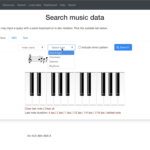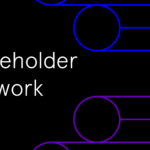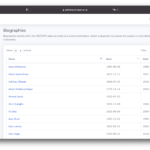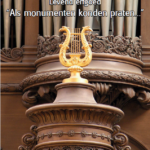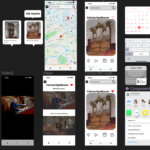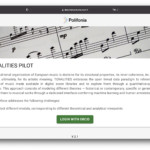Musicbo
Bologna musical heritage stories from Europe
In 2006 Bologna was declared by Unesco “City of Music”. Despite this, the extraordinary musical heritage of this city is kept in cultural institutions and archives, studied by a few specialized scholars only and unknown to the many. The overall objective of this pilot is to make Bologna’s musical heritage available and accessible to the wide public, including scholars of European music, but also music enthusiasts, students, cultural tourists, creative industries and citizens. In order to make this possible this pilot works closely with local institutions to gather relevant archival documents, containing music texts, biographies, descriptions and reactions to musical events, reports in music magazines and testimonies from European travellers and music historians. This knowledge will be thematically organized in a series of multilingual corpora that will be integrated into the Polifonia ecosystem.
Despite the fact that Unesco declared Bologna “City of Music” providing in this way a testimony of the central role that this city played in European musical culture, Bologna musical heritage remains largely unknown. Written texts in collections in local cultural institutions such as BUB (Biblioteca Universitaria di Bologna – Bologna University Library) and the Museo Internazionale e Biblioteca della Musica (International Museum and Library for Music), as well as National European libraries and other repositories provide further proof of the importance of Bologna for European music culture, and yet this information remains difficult to trace and access. As a result, Bologna’s rich heritage is celebrated in isolated events and occasions that are soon forgotten, it is studied by a selected group of music experts, but remains invisible to the wide public of scholars, students, music enthusiasts, citizens as well as tourists and cultural industries.
The MusicBO pilot aims to provide tools and methods through which Bologna heritage can be known and enjoyed by the wide public. A user-friendly and appealing multimodal interface will enable users to navigate music-related collections and thematic multilingual corpora compiled with music texts, texts on Bolognese musicians, local performances that marked the development of European music, as well as their receptions in Italy and across Europe.
Thanks to the methods and technologies provided by the Polifonia ecosystem, a registry for datasets will be available to all to navigate and extract knowledge on Bologna music heritage from collections and corpora. Alignment between vocabularies across different languages and computational music analysis complemented with a specially designed algorithm and a knowledge graph will enable users to establish connections between Bolognese music and European music, transforming in this way a localized and marginally known music heritage into a European one that is widely accessible.
Pilot leader:
Eleonora Marzi eleonora.marzi@unibo.it
